
The sink is clogged with hot water: Do this immediately to quickly unclog it and remove the bad smell.

How to Unclog Your Kitchen Sink Drain Effectively and Eliminate Bad Odors
The kitchen sink drain often gets clogged due to food residue, grease, and soap buildup. Simply pouring hot water down the drain may help a little, but it’s not always the most effective or long-term solution. Instead, you can try several natural and practical methods that not only clear the blockage but also help eliminate unpleasant odors.
1. Using Rice Water and Baking Soda
You can start with a simple mixture of rice water and baking soda. Pour some rice water into a bowl, add a suitable amount of baking soda, and stir until the powder dissolves completely. Then, pour the mixture down the clogged drain and let it sit. Over time, you’ll notice that the drain starts to clear slowly.
This method works because rice water naturally contains enzymes and starch that help break down grime, while baking soda enhances the cleaning and deodorizing effect. Together, they can loosen food residue and remove light blockages effectively without harming your pipes.
💡 Tip: Repeat this process once a week to keep your sink clean and odor-free.
2. Laundry Detergent and Vinegar

If the drain is blocked mainly due to grease, mix some liquid laundry detergent with white vinegar. The detergent helps dissolve fats and oils, while vinegar reacts chemically to break down organic buildup. Pour the mixture into the drain and wait for about 30 minutes before flushing it with warm water.
This combination not only clears the clog but also removes the slimy layer inside the pipe, helping to prevent future blockages.
3. Using Commercial Drain Cleaners
For severe clogs, you can use a professional-grade drain cleaner. These products are convenient, effective, and designed not to damage the pipes when used correctly.
How to use:
-
Dissolve the drain-cleaning powder in water (according to the instructions on the package).
-
Pour the solution directly into the clogged drain.
-
Wait for 1–3 hours (depending on the severity of the clog and the type of cleaner).
-
Rinse thoroughly with clean water to flush away any remaining residue.
⚠️ Caution: Always wear gloves and keep the area ventilated when using chemical cleaners. Avoid mixing them with other cleaning products, especially bleach, as this can create toxic fumes.
4. Baking Soda, Vinegar, and Salt
Mix equal parts baking soda and salt, then pour the mixture into the drain. Next, add about 200 ml of white vinegar and cover the drain opening. Leave it for 1–2 hours so the chemical reaction can dissolve grease and debris inside the pipes. Finally, pour boiling water down the drain to rinse everything away.
This natural method is safe, environmentally friendly, and very effective for routine maintenance.
5. Using a Plunger
Fill the sink with some water, place the rubber plunger over the drain, and push down firmly several times. The pressure created will help dislodge any trapped debris and allow the water to flow freely again. Repeat this process several times if needed.
💡 Pro Tip: To make the plunger more effective, seal any overflow holes in the sink with a wet towel before plunging.
6. Wire or Metal Hook
If physical debris is blocking the drain, use a flexible wire or a metal hook. Bend one end of the wire into a small U-shape and insert it gently into the drain. Move it up and down while twisting to catch food particles or hair. Pull the debris out carefully and repeat until the drain is clear.
How to Prevent Kitchen Sink Clogs
Prevention is always better than cure. To keep your sink in top condition, follow these simple but effective habits:
-
Remove food scraps and solid waste before washing dishes.
-
Avoid pouring oil, grease, or leftover food down the drain.
-
Use a sink strainer to catch debris and clean or replace it regularly.
-
Occasionally pour boiling water into the drain to dissolve grease buildup.
-
Retrieve large objects immediately if they accidentally fall into the sink.
-
Avoid using water with heavy sediment or mud, which can clog pipes.
-
Keep basic unclogging tools (plunger, drain snake) at home for quick fixes.
By applying these easy home remedies and maintenance tips, you can keep your kitchen sink drain clean, odor-free, and running smoothly without the need for expensive plumbing services. A little regular care goes a long way toward preventing serious clogs and unpleasant smells in your kitchen.
News in the same category


How to grow sweet potatoes in soil bags using potato sprouts
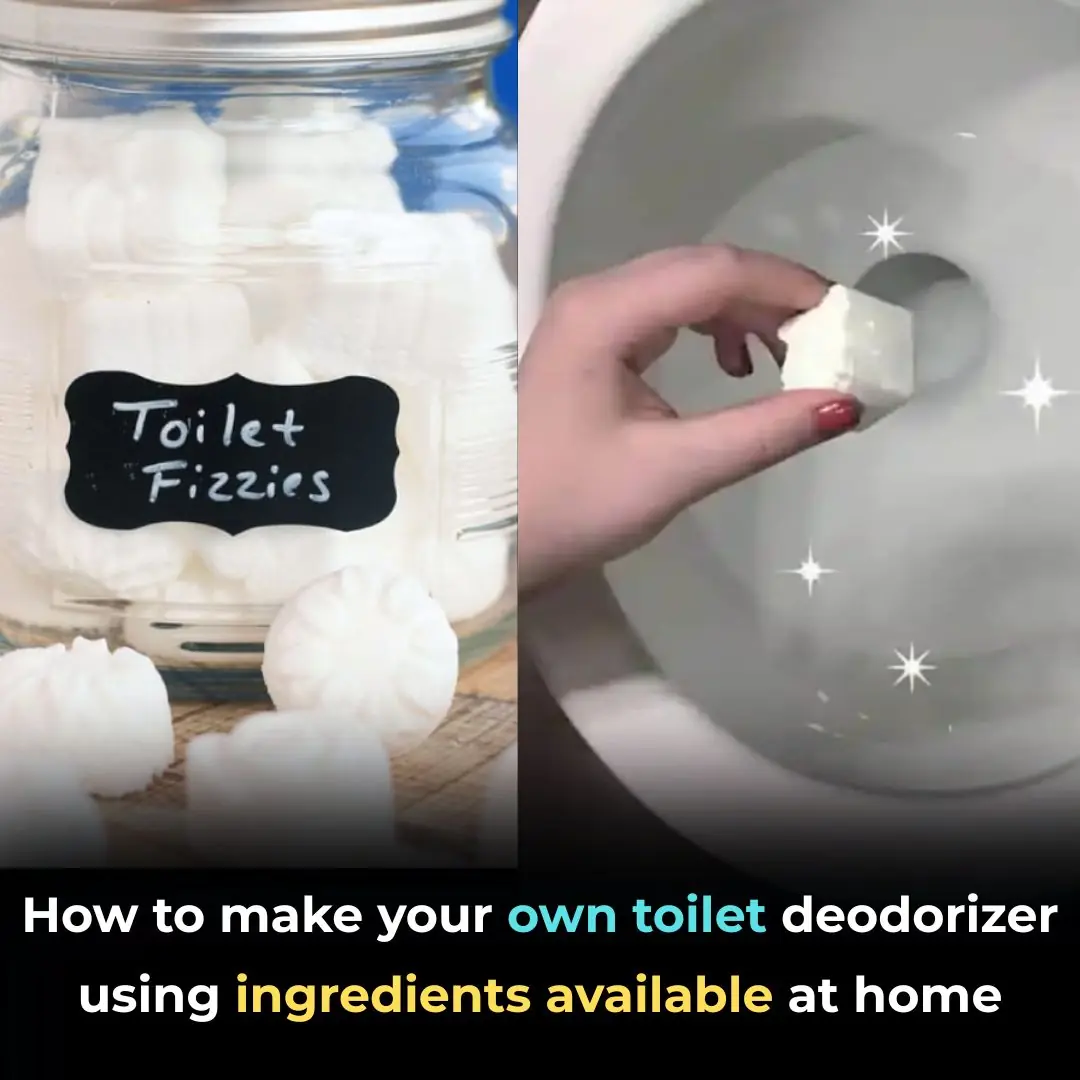
How to make your own toilet deodorizer using ingredients available at home
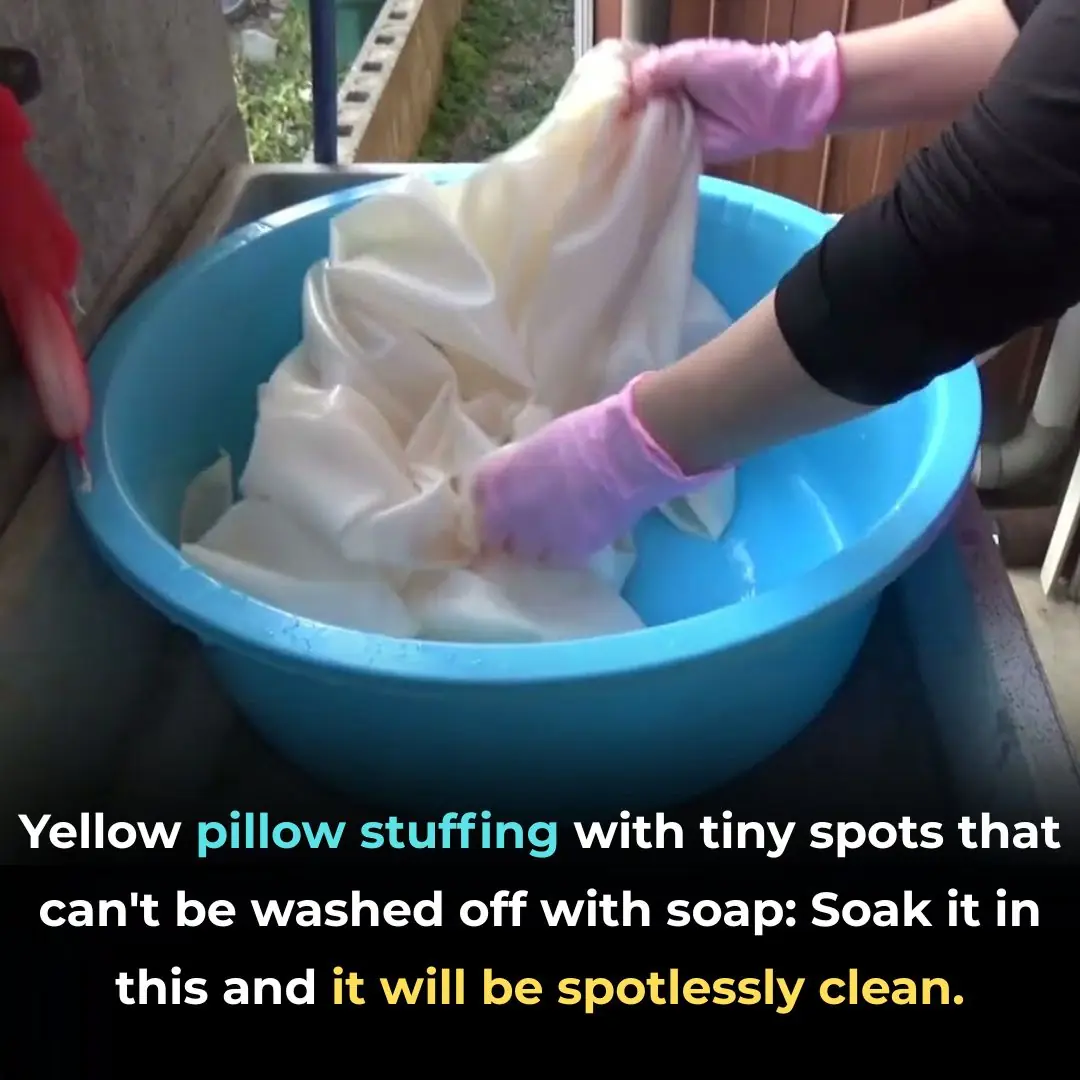
Yellow pillow stuffing with tiny spots that can't be washed off with soap: Soak it in this and it will be spotlessly clean.

Experienced tofu maker guides how to distinguish clean tofu and tofu containing gypsum

Beef is often tough, marinate with salt "the tougher it is": Marinate with this, the meat will be tender, stir-fry with rich flavor, delicious
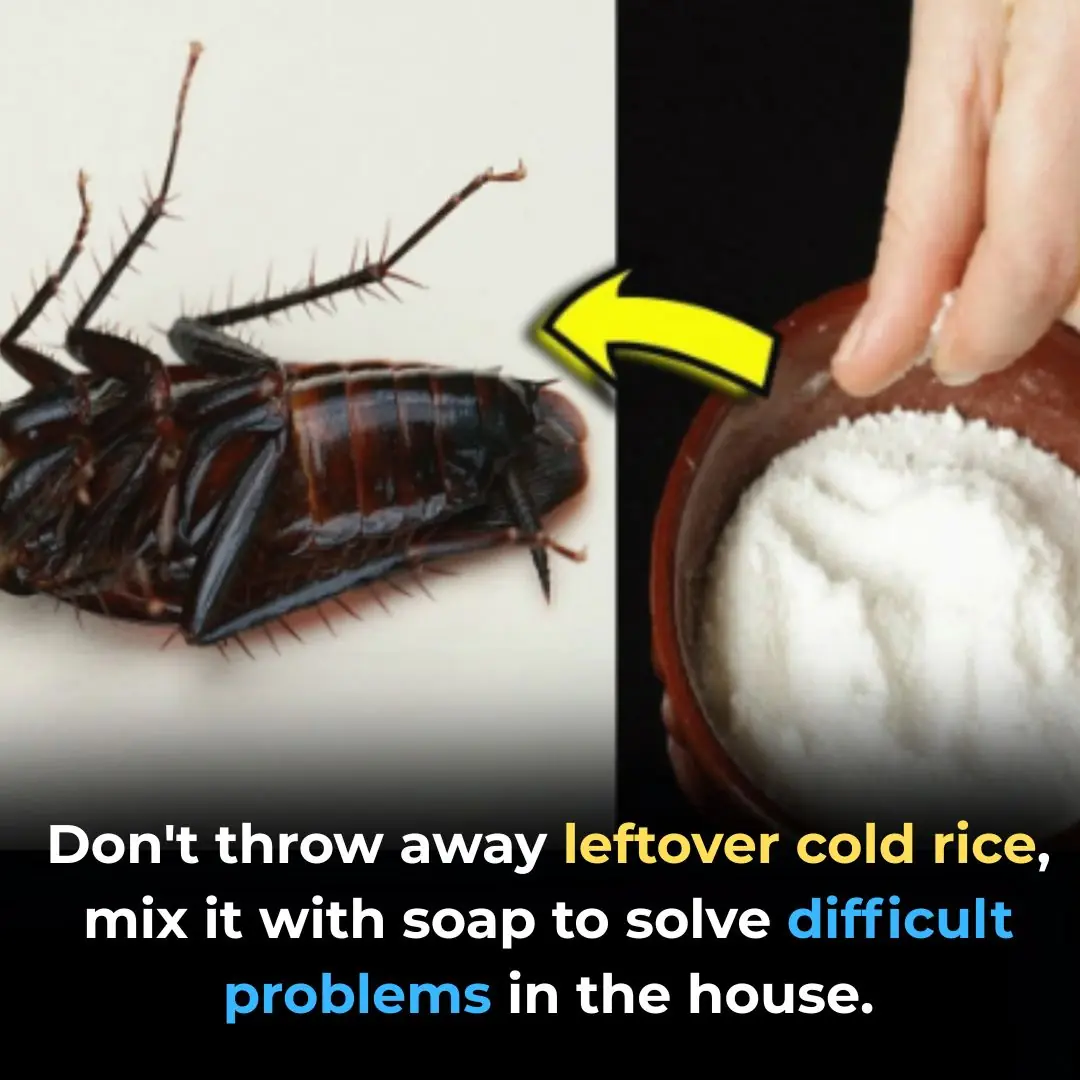
Don't throw away leftover cold rice, mix it with soap to solve difficult problems in the house.

How to Wash and Condition Your Hair with Beer to Reduce Hair Loss and Stimulate Continuous Hair Growth

7 Early Signs of Stomach Cancer Everyone Should Know to Prevent Distant Metastasis
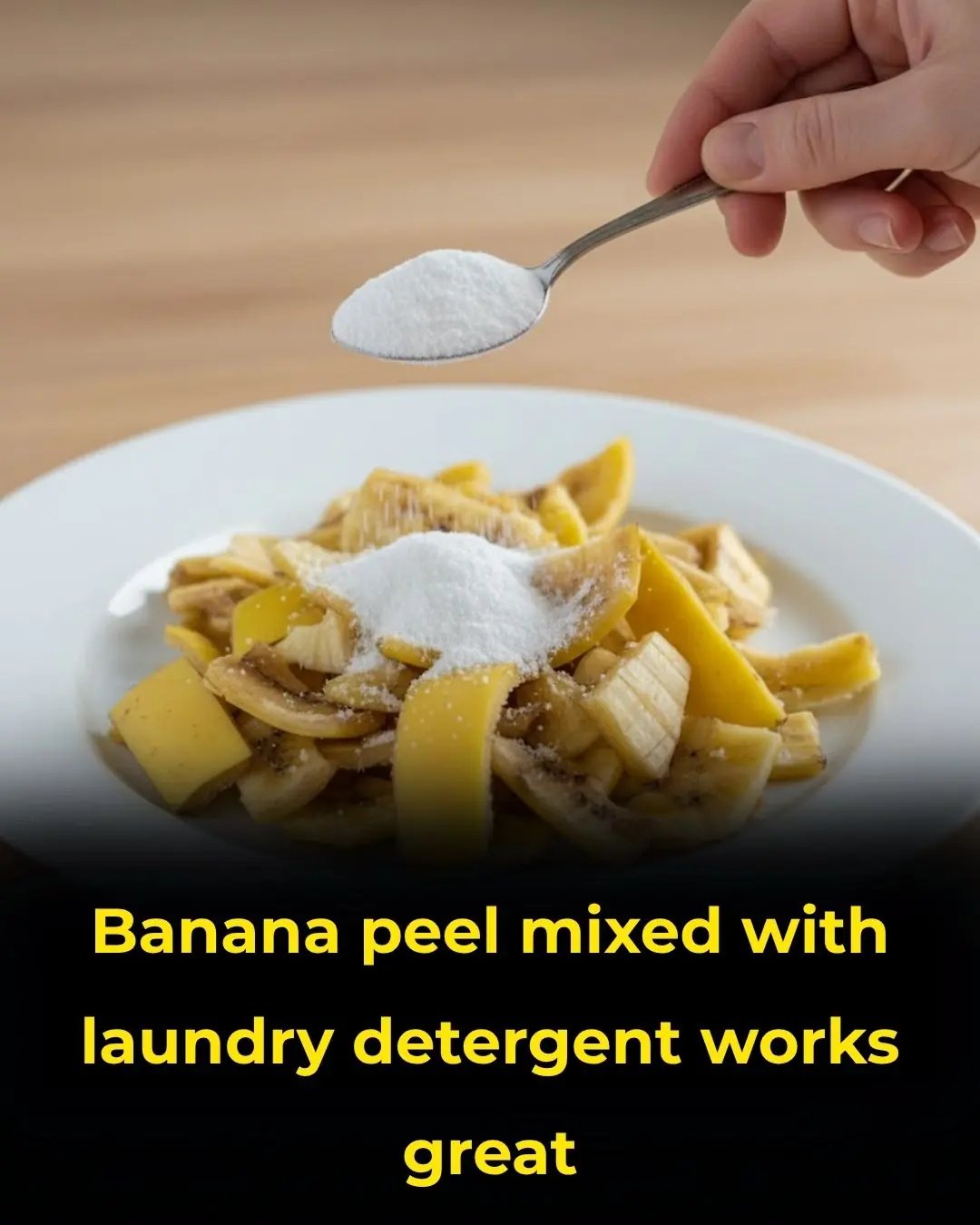
Banana peel mixed with laundry detergent works great

Stuffing a piece of steel wool into a plastic bottle has great effects. If you know how to use it, everyone wants to do it

When checking out of the hotel, don't be foolish and fold your blankets or pillows. Anyone who doesn't know will only be at a disadvantage
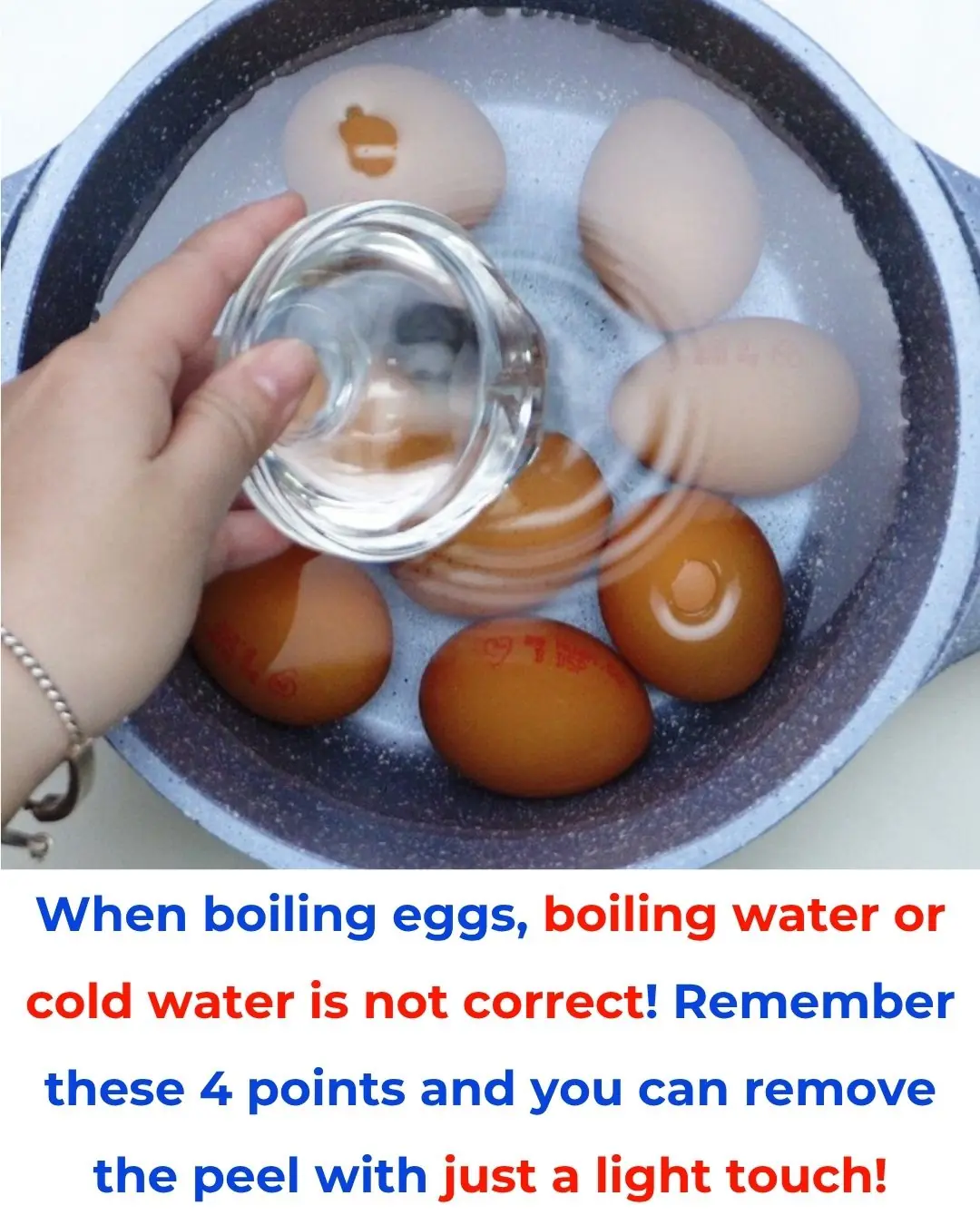
When boiling eggs, boiling water or cold water is not correct! Remember these 4 points and you can remove the peel with just a light touch!

5 things you absolutely should not put in the washing machine. They cannot be washed clean and are dangerous

5 Fruits Listed in the ‘Black Book’ That Can Cause Cancer Cell Growth: No Matter How Cheap, Don’t Buy or Eat Them

A Man Who Didn’t Drink Alcohol Dies of Liver Failure; Doctor Sighs: “Eating These 4 Foods Daily Can Destroy Even the Strongest Liver!”

Kissing Bugs and Chagas Disease: A Hidden Danger at Home
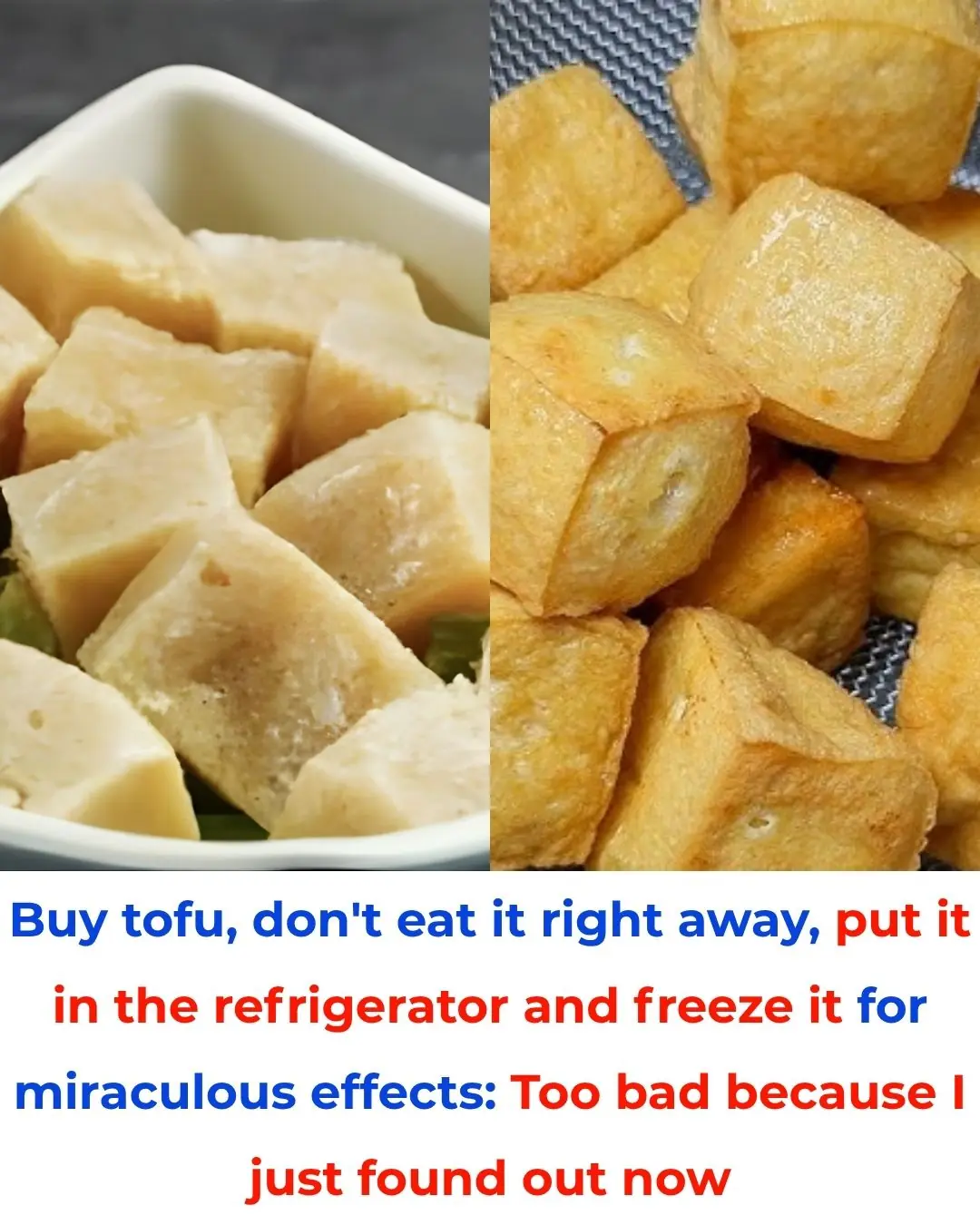
Don’t Eat Tofu Right Away After Buying — Freeze It for a Magical Effect: Wish I Knew This Sooner!

Add This One Ingredient to Your Coffee: Say Goodbye to Yellow Teeth and Bad Breath
News Post

Fern Leaves Benefits and Uses: A Hidden Natural Remedy for Health and Home
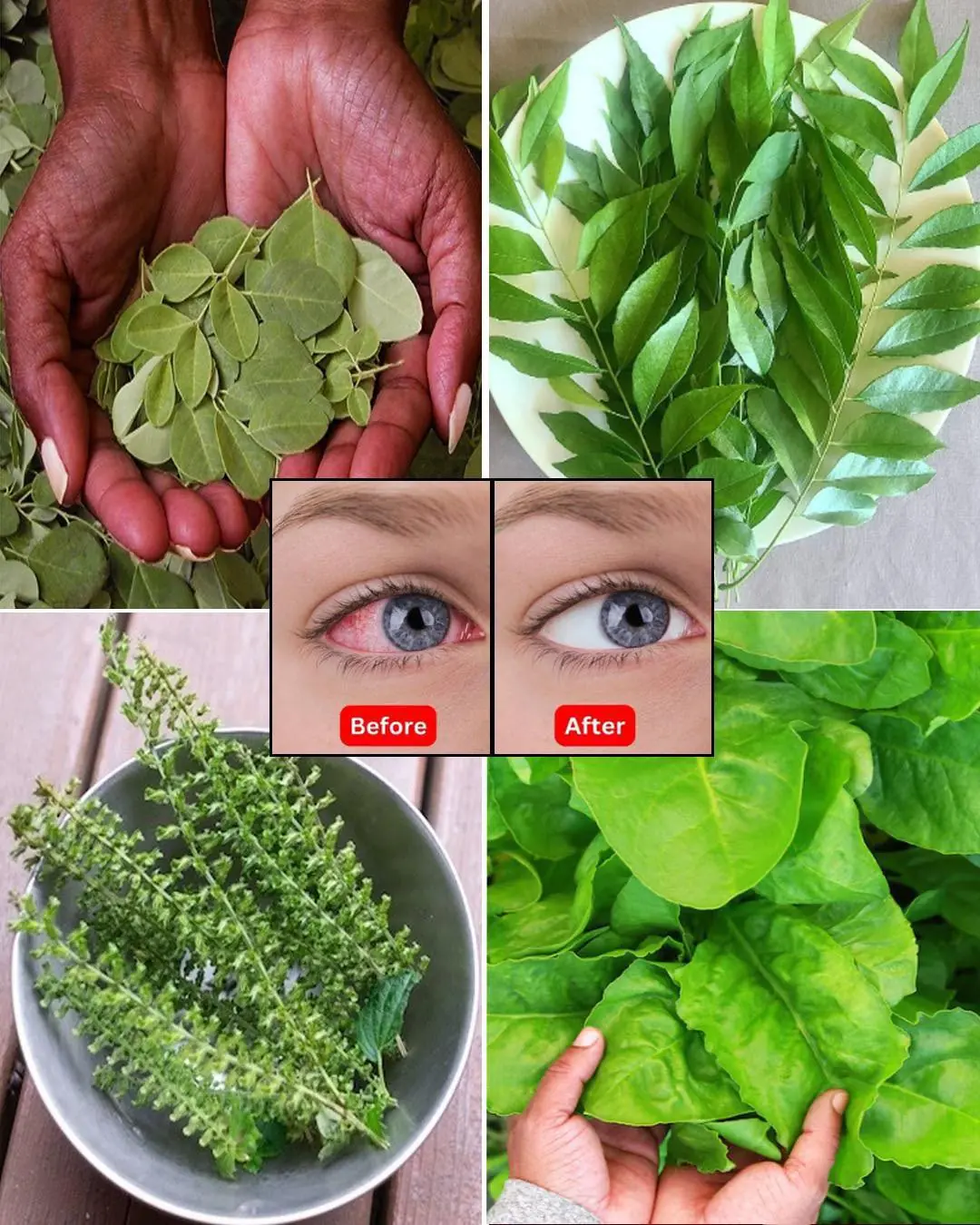
7 Essential Leaves to Naturally Improve Your Eye Health

Miracles happen when you put a handful of peppercorns under the bed, unfortunately I just found out now

4 Unusual Signs in Your Neck That Could Be Symptoms of Cancer — Don’t Ignore Them
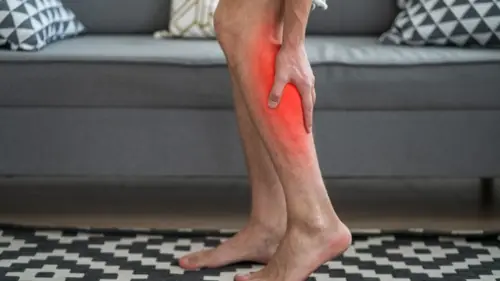
6 Warning Signs in Your Legs That Could Indicate a Serious Disease — Don’t Ignore Them

How to grow sweet potatoes in soil bags using potato sprouts

How to make your own toilet deodorizer using ingredients available at home

3 Nighttime Signs That May Indicate Cancer

Yellow pillow stuffing with tiny spots that can't be washed off with soap: Soak it in this and it will be spotlessly clean.

Experienced tofu maker guides how to distinguish clean tofu and tofu containing gypsum

Heal Your Thyroid Naturally in Just 3 Days!

Side Effects and Dietary Recommendations Post Gallbladder Surgery

Beef is often tough, marinate with salt "the tougher it is": Marinate with this, the meat will be tender, stir-fry with rich flavor, delicious

The Meaning Behind the WC Toilet Sign

Don't throw away leftover cold rice, mix it with soap to solve difficult problems in the house.

Be Very Careful: If You Notice This Growth on Your Skin, It Could Be Something Serious

Why Do We Stick One Leg Out of the Covers at Night

Instead of Spending 20k on a Wedding, This Family Decided to Travel the World
